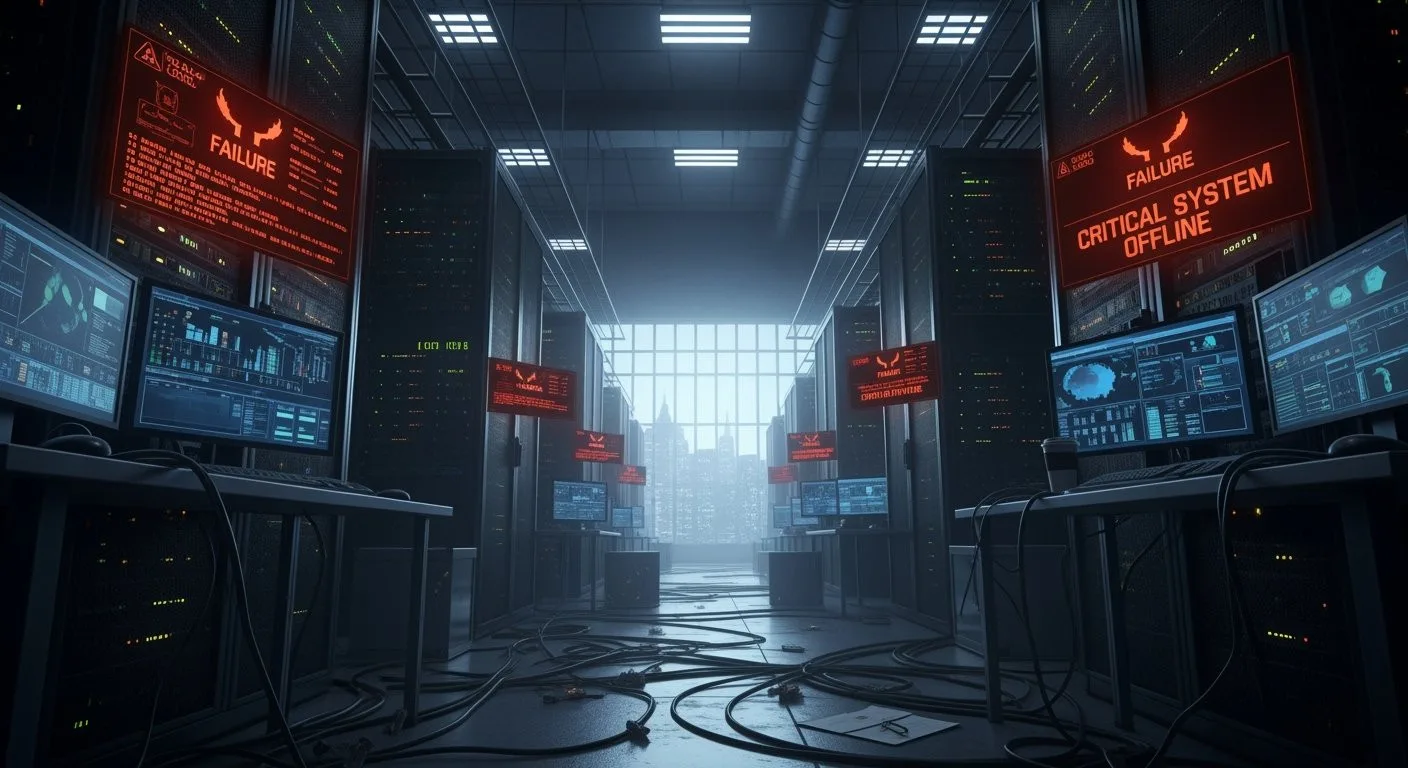Microsoft
Microsoft says it’s recovering after Azure outage cripples the internet
In a cosmic bit of irony, this came one week after Amazon’s AWS outage.

Just a heads up, if you buy something through our links, we may get a small share of the sale. It’s one of the ways we keep the lights on here. Click here for more.
It’s been a rough Wednesday in Microsoft-land. Around noon ET, the company’s cloud service, Azure, faceplanted spectacularly, and it didn’t fall alone.
The outage dragged down Microsoft 365, Xbox, Minecraft, and even the websites of innocent bystanders like Starbucks, Costco, and Capital One.
For hours, it felt like half the internet had been unplugged to “turn it off and on again.”
Microsoft quickly acknowledged the chaos on its status page, blaming an “inadvertent configuration change.”
Someone probably tweaked the wrong setting, and now your Teams meeting, Minecraft realm, and Xbox session have all been Thanos-snapped.
The company also hinted at a DNS issue, which is nerd-speak for “the internet’s phone book stopped working.”
The timing couldn’t have been worse. The outage occurred just hours before Microsoft’s quarterly earnings call, an event where executives like to boast about uptime and reliability.
Instead, their own website was loading slowly than dial-up.
According to Microsoft, the problem started around 4 PM UTC and hit a wide range of services, from Azure Active Directory to Azure SQL Database, Virtual Desktop, Defender, and Media Services.
Basically, if it had “Azure” in the name, it was having a bad day. Even airlines like Alaska and Hawaiian reported check-in system failures, urging passengers to obtain boarding passes from a human representative.
By evening, Microsoft said Azure Front Door, the service at the center of the mess, was back to 98% availability, with “tail-end recovery” still ongoing.
Xbox users reported that online play was mostly back, though many had to restart their consoles to reconnect, a time-honored tech tradition.
In a cosmic bit of irony, this all came one week after Amazon’s AWS outage.
Apparently, the cloud giants are taking turns proving that the “cloud” is really just someone else’s computer, and sometimes, that computer trips over its own cables.

























